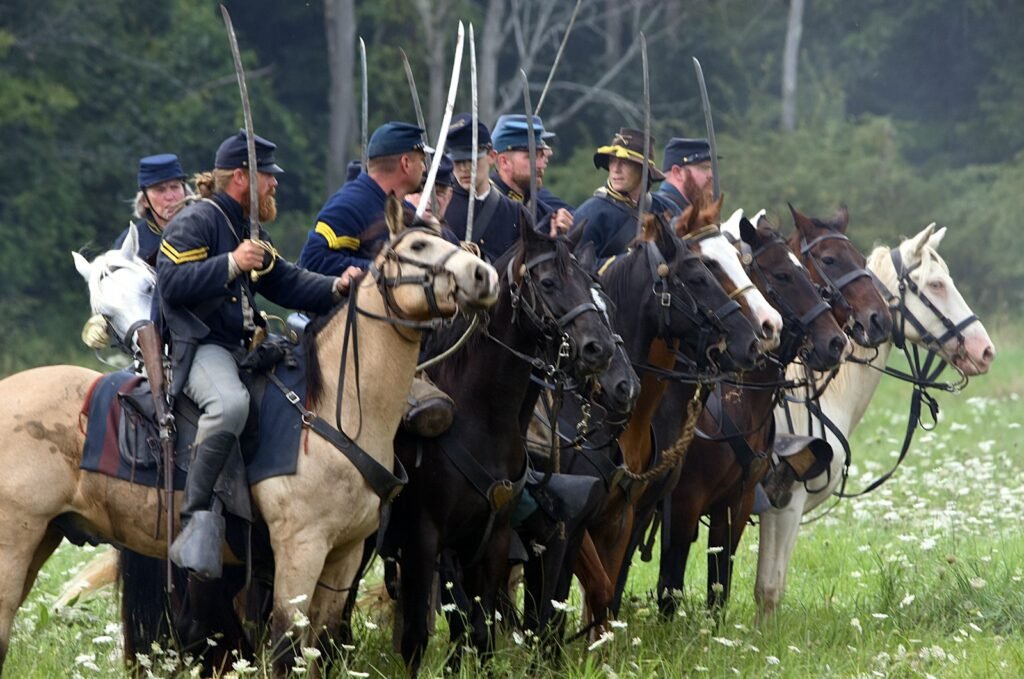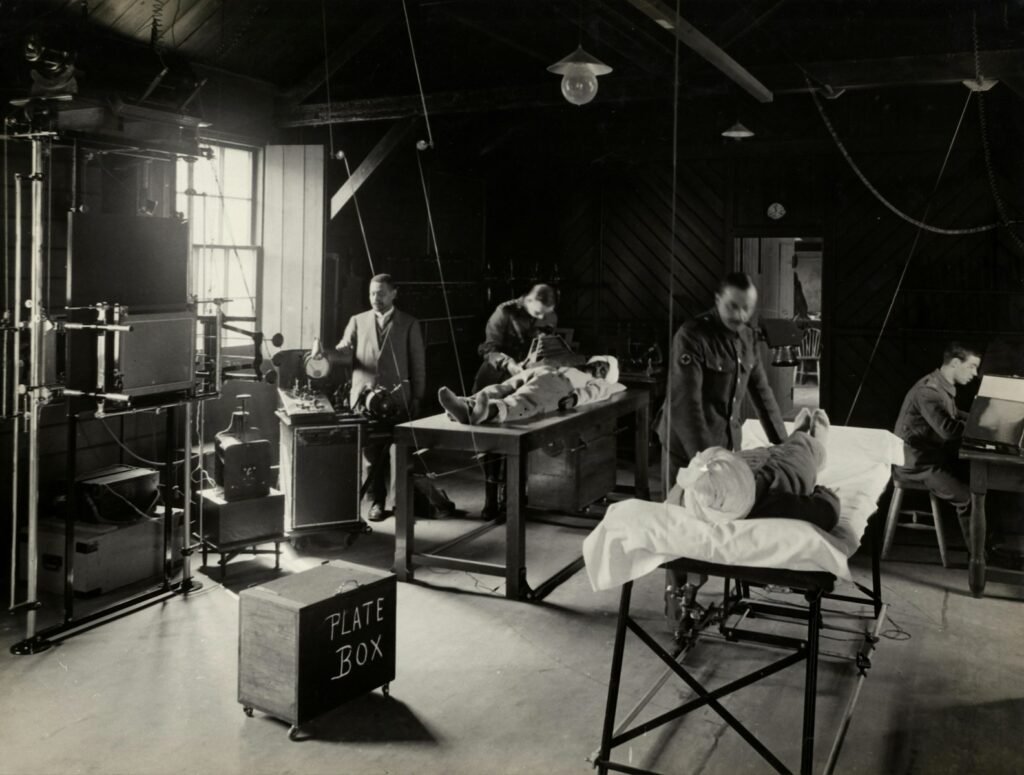
Key Figures in 18th Century Warfare
In the enigmatic world of 18th century warfare, a tapestry unfolds with remarkable individuals whose names sparkle like diamonds in the shifting sands of time. Among these luminaries stands George Washington, an indomitable figure whose leadership on the battlefield and unwavering resilience against all odds shaped the very core of a nation. As he once proclaimed, “Perseverance and spirit have worked miracles throughout history.”
Transitioning from land to sea, the name John Paul Jones emerges as a dominant force in naval history. His daring exploits on the vast ocean waves reverberate through eternity, encapsulated in his iconic declaration: “I have not yet begun to fight.” Jones’s boldness and strategic brilliance not only secured victories but also instilled a sense of pride and valor within his crew, creating a legacy that continues to ignite inspiration across generations.
Notable Battles and Campaigns
The 18th century was a whirlwind of epic battles and audacious campaigns that left historians in awe. One such momentous clash was the Battle of Saratoga in 1777, a turning point in the American Revolutionary War that had everyone on edge. General Horatio Gates led American troops to a jaw-dropping victory over the British, leaving Benjamin Franklin to ponder, “You may delay, but time will not.” This battle not only lifted American spirits but also persuaded France to openly back the American cause, sending shockwaves through the course of the war.
Equally unforgettable was British Admiral George Rodney’s daring raid on Chesapeake Bay during the same war. His tactical brilliance resulted in the capture of British warships, showcasing the immense power naval dominance held in warfare. As Admiral Rodney cryptically mused, “Success is never found. Failure is never fatal. Courage is what counts.” This campaign underscored the pivotal role naval strength played in military conflicts and influenced future strategies for both British and American forces alike.
Tactics and Innovations on the Battlefield
In the intricate dance of tactics and innovations on the battlefield in the 18th century, it’s akin to a symphony of chaos where lives are but mere pawns in a high-stakes game. The sheer brilliance of minds that concocted strategies and the unwavering courage of soldiers who carried them out amidst the carnage is truly awe-inspiring. As General George Washington eloquently stated, “Perseverance and spirit have worked miracles throughout history.”
Amidst the deafening roar of muskets and cannons, military leaders such as Frederick the Great of Prussia emerged as trailblazers, introducing tactical formations that forever changed the landscape of warfare. Their focus on discipline and agility set new standards for battlefield prowess. It’s mind-boggling to witness how these groundbreaking innovations altered the course of history, underscoring the vital importance of adaptability and quick decision-making in times of conflict. In words attributed to Benjamin Franklin himself, “By failing to prepare, you are preparing to fail.”
Impact of Naval Power in Military Conflicts
Naval supremacy during the 18th century was a mind-boggling display of dominance on the world stage. The British Royal Navy exuded an aura of confidence that made other nations think twice before challenging them. It was all about asserting control over the seas, sending a message to anyone who dared to oppose them.
Ships in those days were more than just vessels for sailing; they were formidable weapons poised for action. Admiral Horatio Nelson understood this when he acknowledged his inability to control natural forces. But with the might of the British Navy at his disposal, it seemed like he could bend nature to his will. Naval power went beyond mere warfare; it encompassed trade routes, projecting authority, and flaunting those majestic warships as if they were prized possessions. To be considered influential in the 18th century, one needed a fleet of ships under their command.
Looking back, the naval strategies of that era were groundbreaking maneuvers that determined the fate of empires based on their mastery of maritime supremacy. So whenever you come across a ship in a bottle, remember that it represents more than just decoration; it symbolizes an epoch where naval prowess stood supreme and left an indelible mark on history’s course.
Role of Diplomacy in Resolving International Conflicts
Diplomacy, a mysterious force at play in the enigmatic realm of international affairs, has long been a vital player in untangling the intricate web of conflicts that plagued the world during the tumultuous 18th century. Nations vied for supremacy and dominance, their fates hanging precariously on the delicate art of negotiation. The Treaty of Paris in 1763 stands as a testament to this power, bringing an end to the brutal Seven Years’ War. Benjamin Franklin, an illustrious figure in American history, once cryptically mused, “There never was a good war or a bad peace,” encapsulating the enigmatic essence of diplomacy’s role in quelling strife without further bloodshed.
In this perplexing arena of global politics, where alliances are fragile and tensions simmer beneath the surface like molten lava awaiting eruption, diplomats must deftly navigate these treacherous waters with finesse and cunning. John Adams astutely observed that “Diplomacy is the art of the possible,” highlighting its elusive nature. In times of conflict between nations with divergent interests and agendas, finding common ground through communication and compromise becomes paramount for achieving peaceful resolutions. Through its unpredictable twists and turns, diplomacy emerges as an indispensable tool for averting cataclysmic events on the grand stage of world affairs while upholding stability amidst chaos.
Struggles for Empire and Colonial Warfare
The intricate dance of empire-building and colonial conflicts in the 18th century resembled a tumultuous symphony playing out on a grand stage. The European powers engaged in a high-stakes game, strategically maneuvering their pieces across the global chessboard. As an avid student of US history, it is both mesmerizing and perplexing to witness how these geopolitical struggles have left an indelible mark on our modern world.
The scramble for empire sparked fierce rivalries among nations, each vying for control over coveted lands and resources. Benjamin Franklin’s poignant words echo through time, serving as a stark reminder of the sacrifices made in the pursuit of power: “Those who would sacrifice essential Liberty for temporary Safety deserve neither Liberty nor Safety.” These battles illustrate tales of daring and deceit, showcasing the unyielding thirst for dominance that defined this turbulent era.
Influence of Technology on Military Strategies
In the perplexing realm of 18th-century military strategies, the burstiness of technological advancements played a pivotal role in shaping the outcomes of battles and campaigns. One remarkable innovation that caused heads to spin and hearts to race was the development of rifled muskets. As proclaimed by the enigmatic General George Washington, “A free people ought not only to be armed but disciplined; to which end a uniform and well-digested plan is requisite.” The mind-boggling precision and range of rifled muskets gave troops an edge on the battlefield, allowing them to engage fs from distances previously unimaginable with unparalleled accuracy. This sudden shift in weaponry left military tacticians scratching their heads as they scrambled to adapt their puzzling strategies to harness these new firearms for advantage in combat.
Moreover, the introduction of artillery enhancements like the mysterious Gribeauval system brought even more confusion into play, enabling more efficient deployment of cannons with increased firepower that seemed almost otherworldly. Echoing through time, Benjamin Franklin cryptically warned, “By failing to prepare, you are preparing to fail.” The strategic mystery surrounding artillery tactics during events such as the cryptic Siege of Yorktown showcased how these technological marvels could tilt fortunes towards those who possessed superior firepower. Military commanders were forced into a maze-like puzzle where they had to decipher how best to coordinate infantry movements alongside eerie artillery support in order to unleash maximum impact during both attacks and defenses. The fusion of these enigmatic innovations into military strategies during this mystical century marked a baffling shift in warfare’s nature, forever altering history’s tangled web.
Military Alliances and Coalitions
The 18th century was a chaotic whirlwind of military alliances and coalitions that twisted the threads of history, particularly for the blossoming United States of America. The Founding Fathers navigated through murky waters of international diplomacy, where alliances were both a shield and a sword in their quest for independence. Benjamin Franklin’s words echo like thunder, “We must all hang together, or most assuredly, we shall all hang separately.” This notion captures the essence of uniting under a common cause, emphasizing the vital role solidarity plays in times of turmoil.
From forging the Treaty of Alliance with France during the Revolutionary War to negotiating the Jay Treaty with Great Britain afterwards, the United States strategically maneuvered through alliances to carve out its place on the global stage. These diplomatic moves were a delicate ballet of power dynamics and shared interests, revealing the intricate tapestry of connections that governed international relations. Thomas Jefferson’s words linger in the air like smoke, “Peace, commerce, and honest friendship with all nations- entangling alliances with none.” The fine line between cooperation and autonomy in building alliances reverberates throughout history’s pages, highlighting how strategic partnerships shape nations’ destinies.

